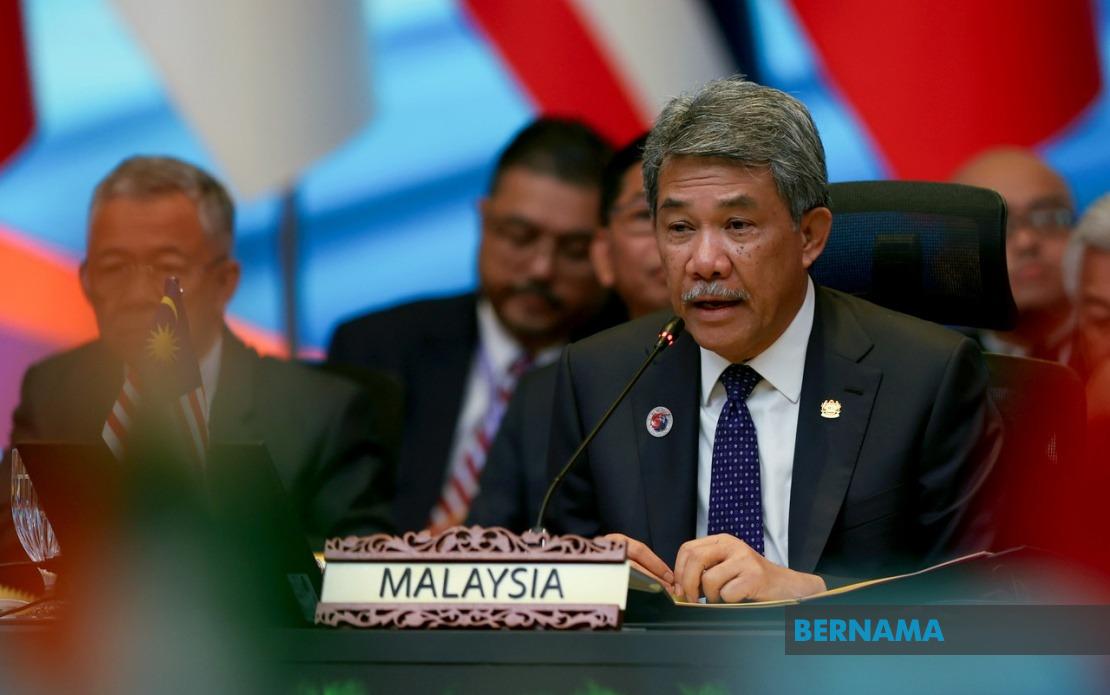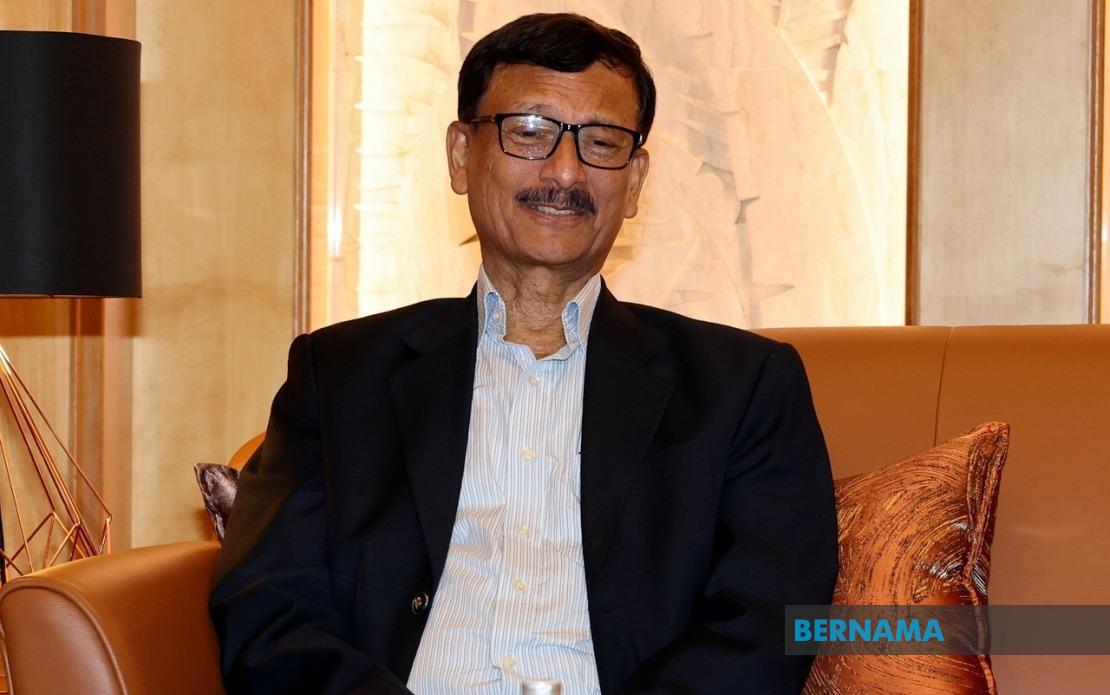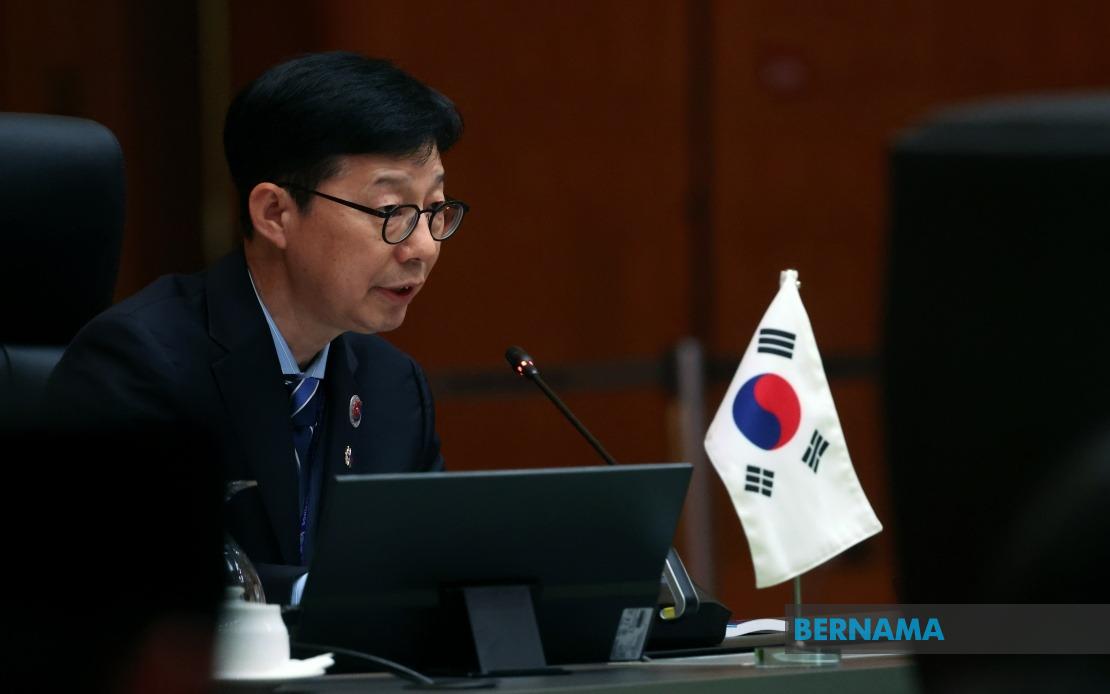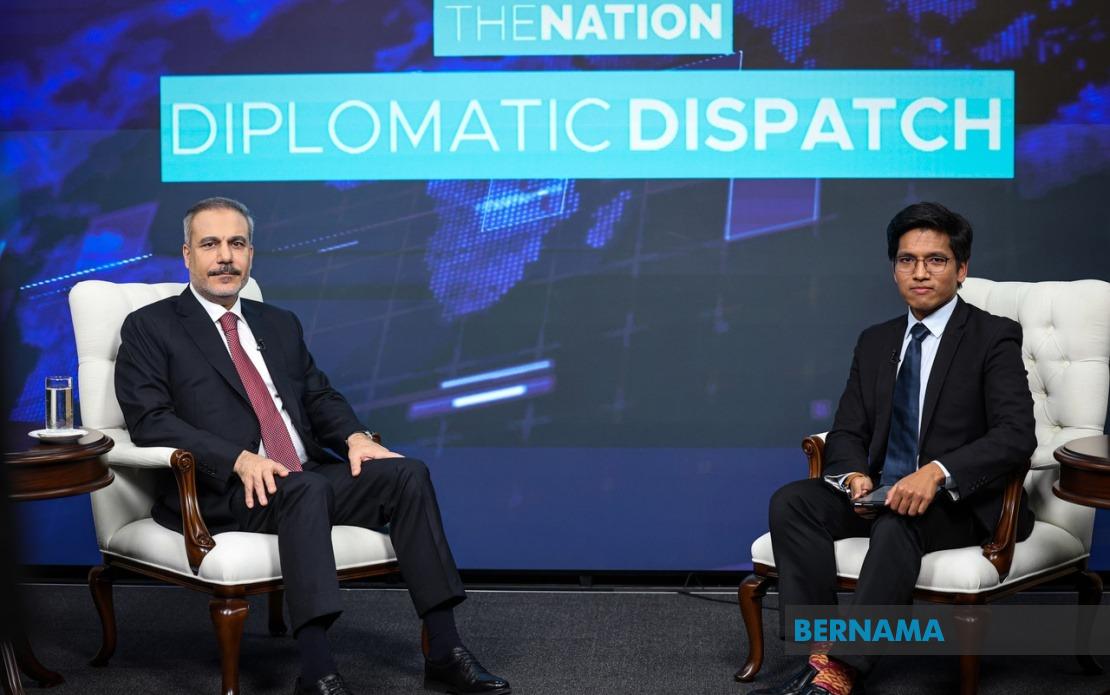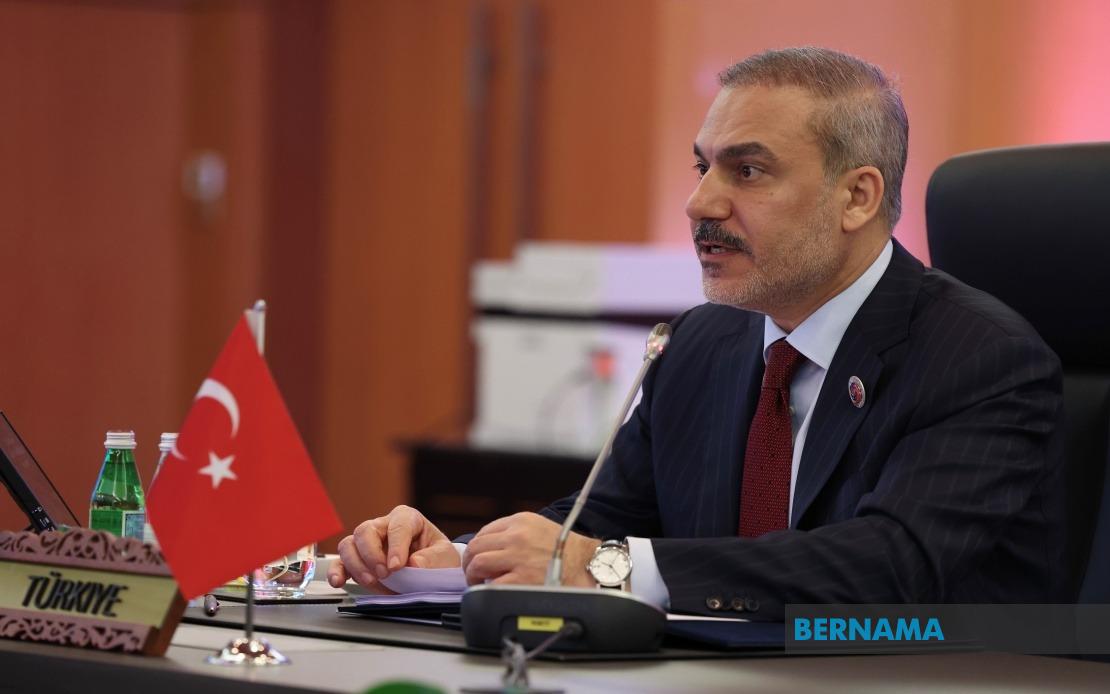ASEAN MUST DEMAND EQUAL MARKET ACCESS FROM EU, CHINA AMID RISING TARIFF PRESSURE -- ANALYST
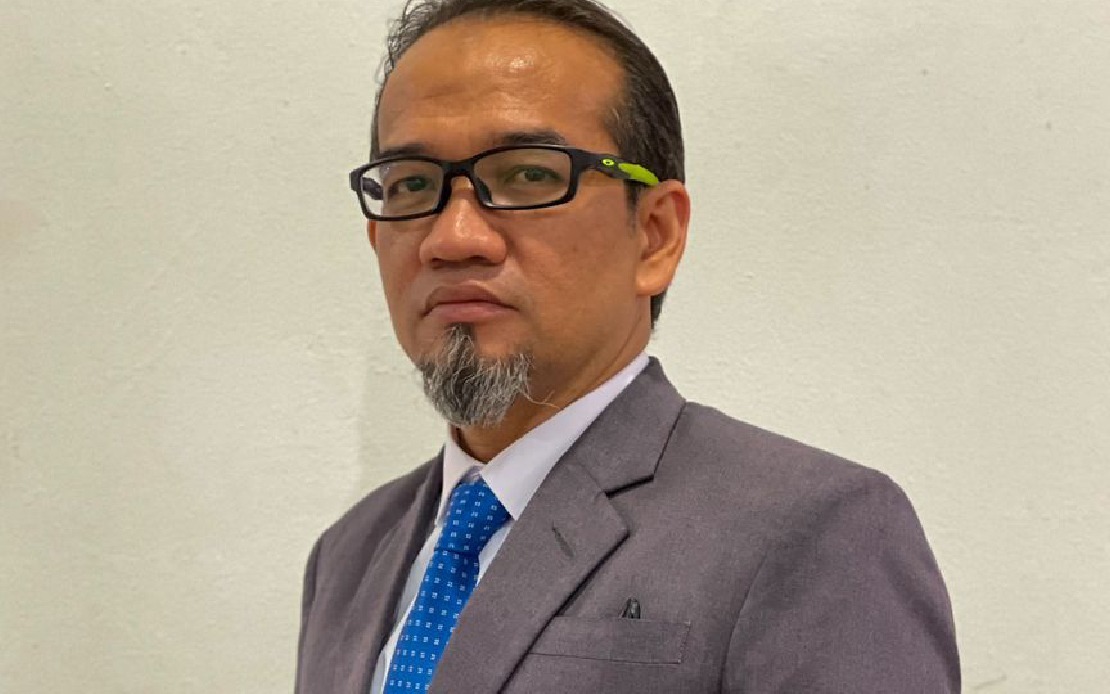
By Nurunnasihah Ahmad Rashid
KUALA LUMPUR, July 11 (Bernama) -- ASEAN must demand reciprocal market access from major trading partners such as the European Union (EU) and China, especially in sectors like palm oil, halal products and electric vehicle (EV) battery minerals, to safeguard its regional trade stability amid rising global protectionism, an analyst said.
Southeast Asian economies, especially palm oil exporters, are subjected to non-trade barriers such as environmental standards, or suffer huge trade deficits, as is the case with China, Universiti Teknologi MARA’s senior fellow at the Centre for Media and Information Warfare Studies, Dr Noor Nirwandy Mat Noordin, said.
He said the latest round of United States (US) tariffs, with Malaysia being slapped with a 25 per cent duty on selected exports from August 1, should serve as a wake-up call for ASEAN to act more decisively as a bloc to garner increased access to lucrative markets.
While ASEAN is often recognised as a strategic partner, especially by the EU, he lamented that the region continues to face restrictive market access measures.
He cited the EU Deforestation Regulation (EUDR) and the non-recognition of sustainability standards, such as Malaysia’s Sustainable Palm Oil (MSPO) and Indonesia’s Sustainable Palm Oil (ISPO), as stumbling blocks for Malaysian and other palm oil exporters.
“These are clear double standards. (Although) the EU recognises ASEAN as a strategic partner, it enforces restrictive policies on palm oil under environmental pretexts.
“If ASEAN wants fair treatment, it must move as a bloc and assert its own standards,” he told Bernama.
Noor Nirwandy said ASEAN should consider bringing the matter to international forums such as the World Trade Organization (WTO), and insist on mutual recognition of regional sustainability frameworks to ensure palm oil producers are not unfairly penalised.
“Malaysia’s MSPO and Indonesia’s ISPO are already robust standards. (Therefore,) it is inconsistent for the EU to disregard them while demanding deeper engagement with ASEAN,” he added.
Turning to trade with China, Noor Nirwandy said ASEAN continues to run a significant trade deficit and called on member states to demand fairer and deeper access to China’s vast domestic market, particularly for high-value exports like halal-certified goods and EV battery minerals.
“China benefits enormously from ASEAN trade. It is time ASEAN countries, especially middle powers like Malaysia, use strategic exports as leverage to negotiate better terms,” he said.
He emphasised the importance of ASEAN maintaining a neutral posture while broadening its trade diplomacy with all major powers, including the US.
“ASEAN must not tilt too far in any one direction. Neutrality is our strength, but neutrality does not mean inaction.
“We need assertive economic diplomacy that reflects ASEAN’s importance in global supply chains,” he said.
He also said the new round of US tariffs could catalyse ASEAN to accelerate the implementation of the Regional Comprehensive Economic Partnership (RCEP) and broaden participation in the Comprehensive and Progressive Agreement for Trans-Pacific Partnership (CPTPP).
“These trade frameworks can help cushion the blow against tariff shocks and open up more diversified markets.
“ASEAN must press ahead with greater integration and stronger institutions under the ASEAN Economic Community (AEC),” he added.
Calling for stronger bloc-level negotiation mechanisms, Noor Nirwandy said ASEAN must build more robust economic institutions and move beyond joint statements and rhetorics to deliver concrete trade outcomes.
“We need powerful ASEAN-led diplomacy, not just symbolic cooperation. Whether it is on EU regulations, Chinese market access or US trade barriers, ASEAN must act as one,” he said.
-- BERNAMA
